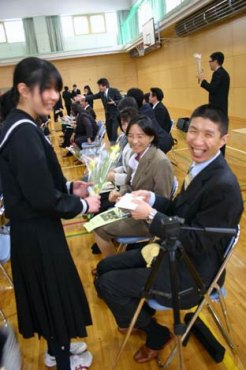Winter
Image slide collection
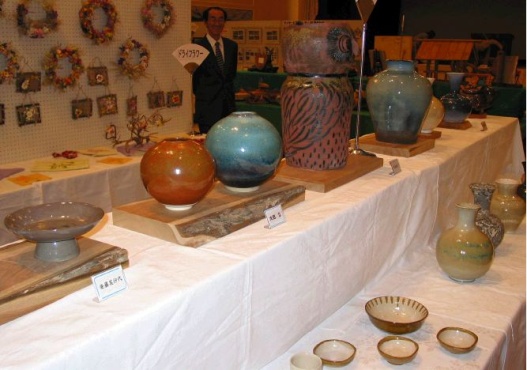
Culture Day is devoted to the arts and music. School children perform music at a public performance, and there is also a performance of music and dance by adults. Artwork by local residents is displayed. Despite its small population, Nishiokoppe produces a surprising amount of very beautiful artwork, including painting, ceramics, calligraphy and other art forms.
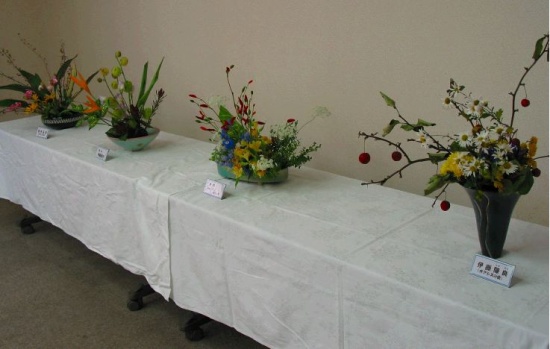
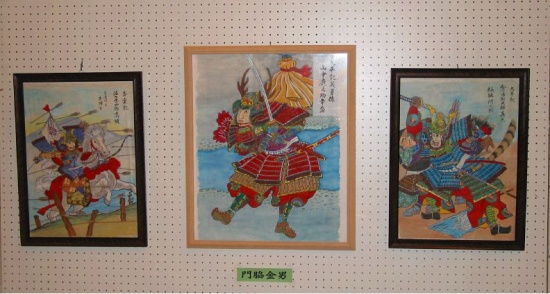
Ikebana Display
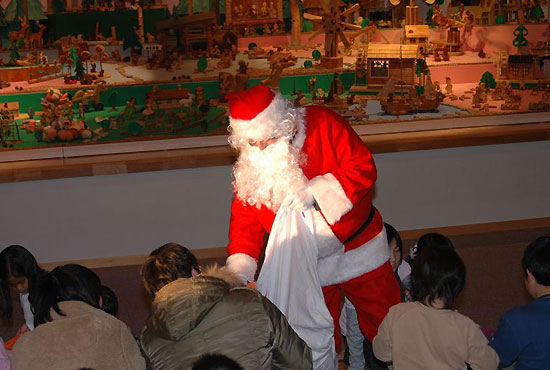
Christmas has become an important festival in Japan. As in the U.S., Christmas parties are held in December. Christmas trees are displayed. Many stores play Christmas songs. Families get together for Christmas dinner. Christmas dinner in Japan features roast chicken and elaborately decorated sponge cakes.
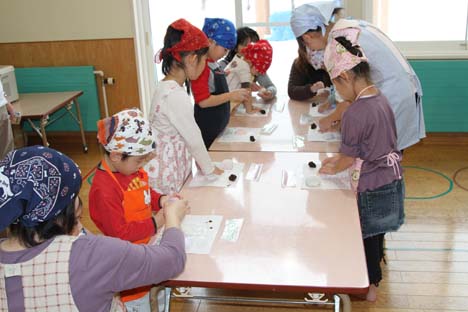
At the end of December, people are busy preparing for the New Year’s festivities. Here, parents of preschoolers pound glutinous rice to make mochi, an important food in New Year’s traditions.
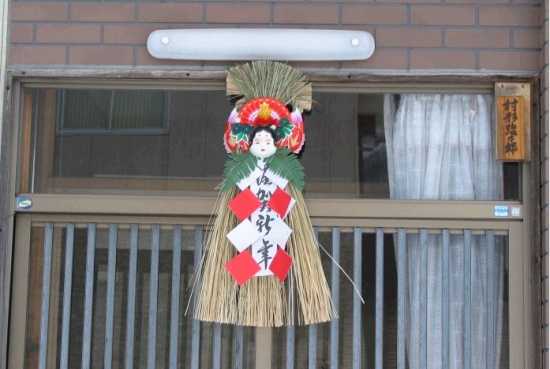
New Year’s is the most important holiday in Japan. On New Year’s eve, homes are thoroughly cleaned to get rid of all of the old year’s dirt and dust. Much food is prepared for the next day, for it is against tradition to use knives and other cutting tools on New Year’s Day.
At midnight, people go to the village shrine to pray for the new year. They also go to the shrine at sunrise to pick a fortune paper. Later, people visit family members. It is a day of relaxing and feasting. Children receive "otoshidama" – envelopes of money, from relatives. Celebrations continue for a week or more.
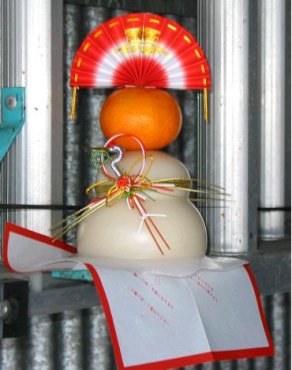
Photos:New Year’s decorations
This is a traditional New Year’s offering - the white part is mochi, a kind of rice cake, and above it is a mikan, Japanese tangerine. This offering is usually placed in front of the household shrine and left until January 11th, when it is broken and eaten by the family members. (The mochi is usually dry by this time so it’s cooked in soup.)
This picrure is Shime-kazari.It call GOD to our house when it is starting New year. People decorate the outside of their homes.
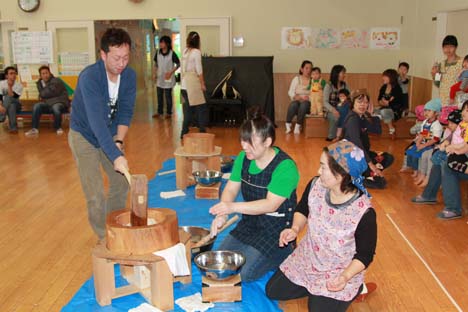
Photos: mame-maki at preschool
Setsubon is held on or around Chinese (lunar) New Year. In Nishiokoppe, the preschool holds a Setsubon festival. Parents make costumes of Oni`s (Japanese demons). A few dads wear these costumes. The children throw peanuts at these Onis, shouting, "Onis out! Good luck in!" After a while, the Onis promise to be good for the coming year. Everyone is also supposed to eat as many peanuts or roast soybeans as his age on this day.
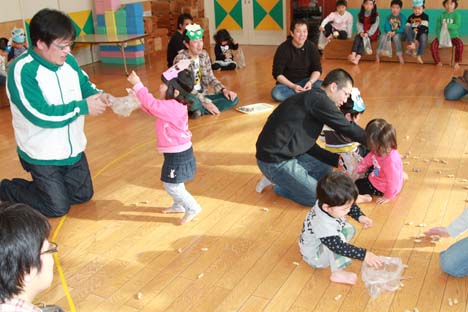
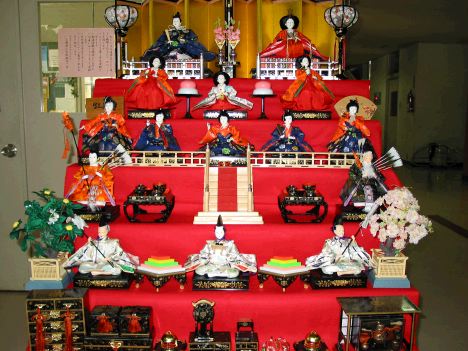
Girls display beautiful dolls for Hina Matsuri. The day is also celebrated by eating and drinking special foods – mochi rice cakes and amazake, a hot drink made from rice.
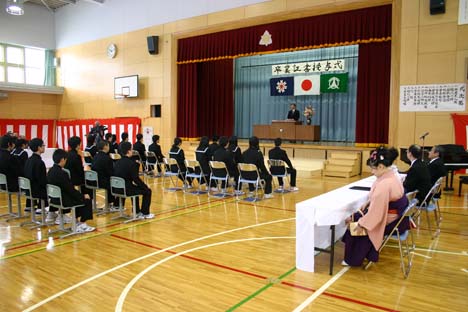
In Japan, graduations are held in March. In Nishiokoppe, the junior high school, elementary schools and even the preschool hold graduation ceremonies.
